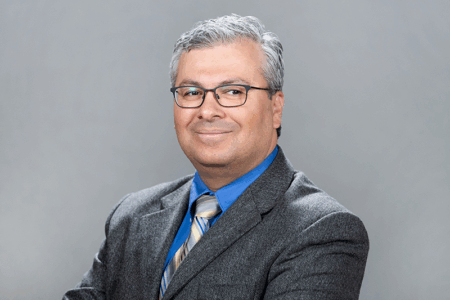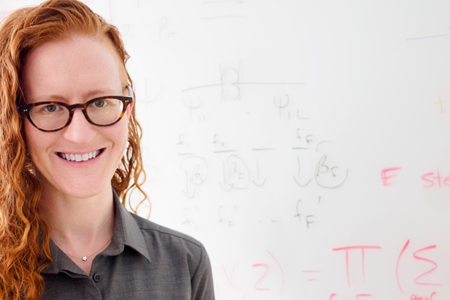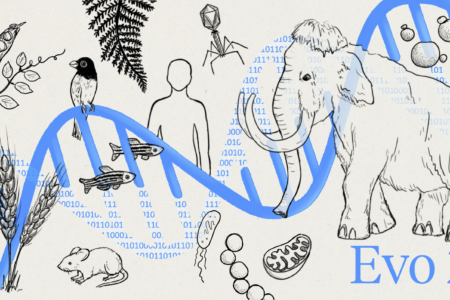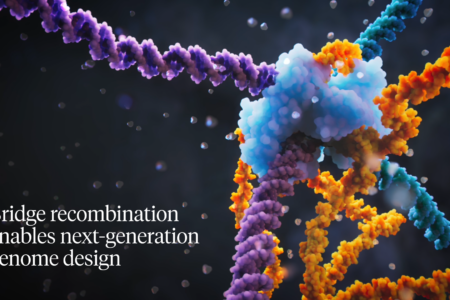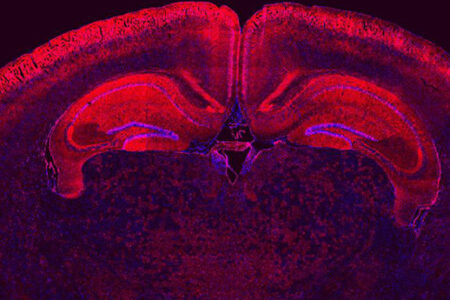Gene Editing
Recent news:
Professor Seung-Wuk Lee has pioneered a biomining technique that could be a clean and more sustainable way to mine the rare earth elements essential to modern technology. His lab genetically engineered a harmless virus to act like a “smart sponge” that grabs rare earth metals from water, and, with a gentle change in temperature and…
Professors Paul Adams, Adam Arkin, Patrick Hsu, and Jay Keasling have been recognized in the “2025 Highly Cited Researchers” list, meaning their work ranks in the top 1% of citations for their field and publication year in Clarivate’s Web of Science citation index
Adjunct Professor Taner Sen and his colleagues at the USDA and beyond have assembled and annotated the genomes of 33 wild and domesticated oat lines, along with an atlas of gene expression across 23 of these lines, which will enable future efforts to produce even more hardy and productive strains of the popular grain.
PhD alumnus Stanley Qi, now a professor at Stanford University, is interviewed about his work developing advanced gene-editing tools to treat life-threatening diseases and slow the onset of neurological aging.
Professor Liana Lareau is recognized for her revolutionary approach to treat retinitis pigmentosa and other dominant genetic diseases by combining CRISPR prime editing with machine learning.
Research led by Professor Patrick Hsu has produced Evo 2, the largest AI model in biology to date, which can accurately predict the effects of all types of genetic mutations.
Patrick Hsu’s breakthrough discovery of bridge RNA gene editing tools is discussed on WebMD, with contributions from BioE alumnus Connor Tou.
Adam Arkin has been granted an award of over $20 million from the Advanced Research Projects Agency for Health (ARPA-H) to pursue microbiome engineering to create probiotic bacterial communities that prevent and treat lung pathogens.
Murthy lab and UC Davis have developed a unique mRNA delivery method for in-utero gene editing for neurodevelopmental conditions.




